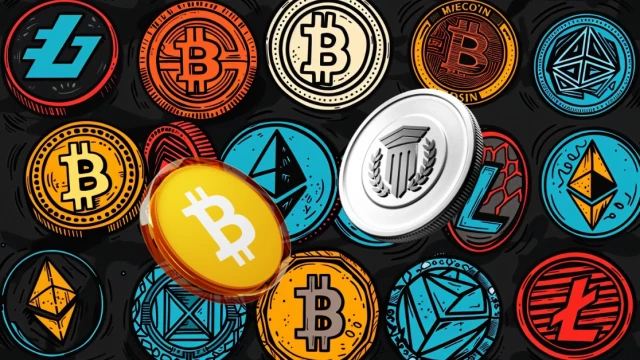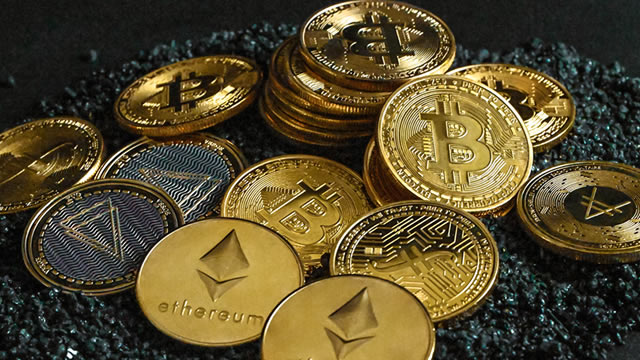
Daily Active Wallets Drop Across Web3 Except in Blockchain Games
Summary
The Shifting Landscape of Web3: Blockchain Gaming's Rise Amidst Declines in Other Sectors
In a surprising twist, the world of Web3 is undergoing a significant shift, with blockchain gaming emerging as a shining beacon amidst the overall decline in daily active wallets across other sectors. According to the latest industry data, while decentralized finance (DeFi) and social media platforms have seen a concerning drop in user engagement, the blockchain gaming ecosystem has defied the trend, showcasing remarkable growth and resilience.
The numbers speak for themselves. In October 2025, daily active wallets in the blockchain gaming space exceeded an impressive 4.5 million, a clear testament to the sector's ability to captivate and retain a dedicated user base. This striking contrast highlights the growing importance of gaming within the broader Web3 landscape, as players seek immersive, decentralized experiences that offer true ownership and tangible in-game rewards.
Experts attribute this divergence to the inherent appeal of blockchain gaming, which allows players to truly own their digital assets, such as in-game items and currencies. This ownership model, combined with the promise of earning through play-to-earn mechanics, has resonated with a growing contingent of gamers who have long sought a more empowered and transparent gaming experience.
"Blockchain gaming has emerged as a true disruptor in the Web3 space," says industry analyst, Sarah Winters. "While other sectors may be grappling with user engagement challenges, the gaming ecosystem has managed to capture the imagination of a new generation of players who are eager to participate in a more decentralized and rewarding gaming landscape."
The implications of this shift are far-reaching, not only for the crypto industry but also for investors and regulators alike. As blockchain gaming continues to gain traction, it is likely to attract increased attention from both institutional and retail investors, eager to capitalize on the sector's growth potential. Additionally, policymakers will need to closely monitor the evolving regulatory landscape, ensuring a balanced approach that fosters innovation while addressing potential concerns around consumer protection and financial stability.
Looking ahead, the rise of blockchain gaming could serve as a catalyst for the broader adoption of Web3 technologies, as the success of this sector may inspire further development and investment in other decentralized applications and platforms. This shift could ultimately reshape the entire crypto ecosystem, with blockchain gaming leading the charge in the race to deliver truly transformative, user-centric experiences.





